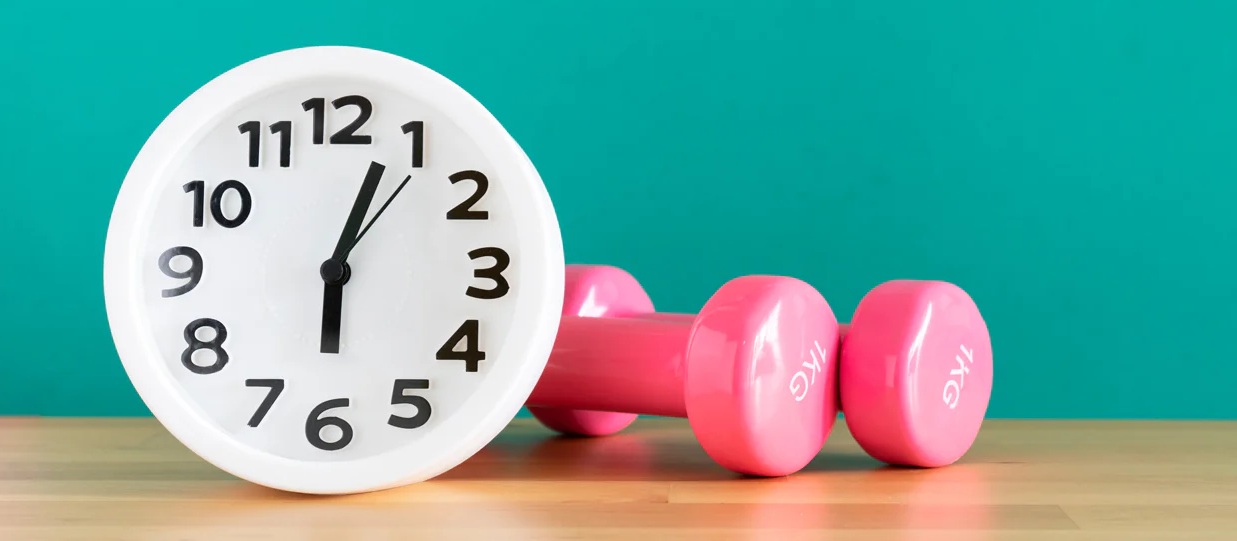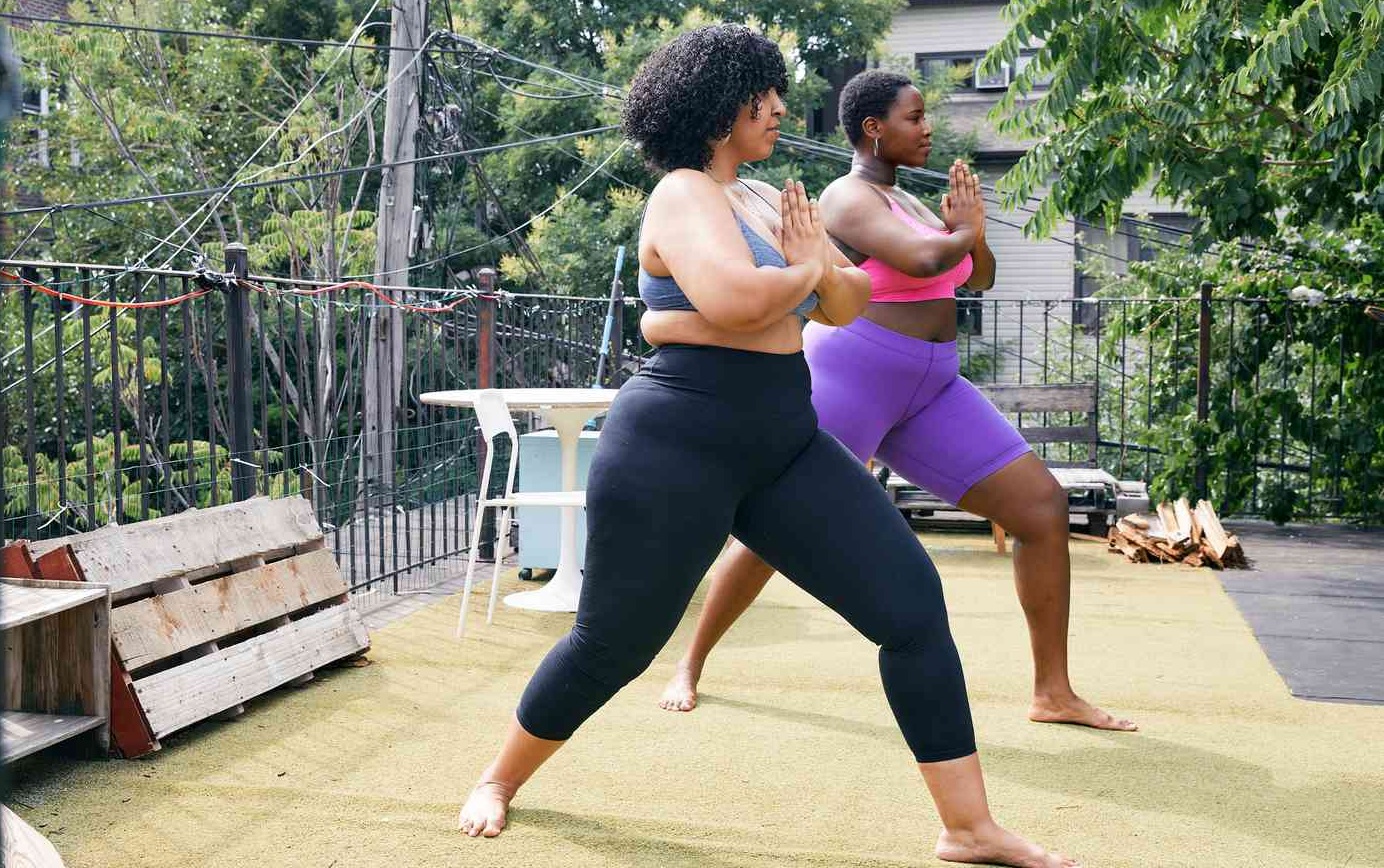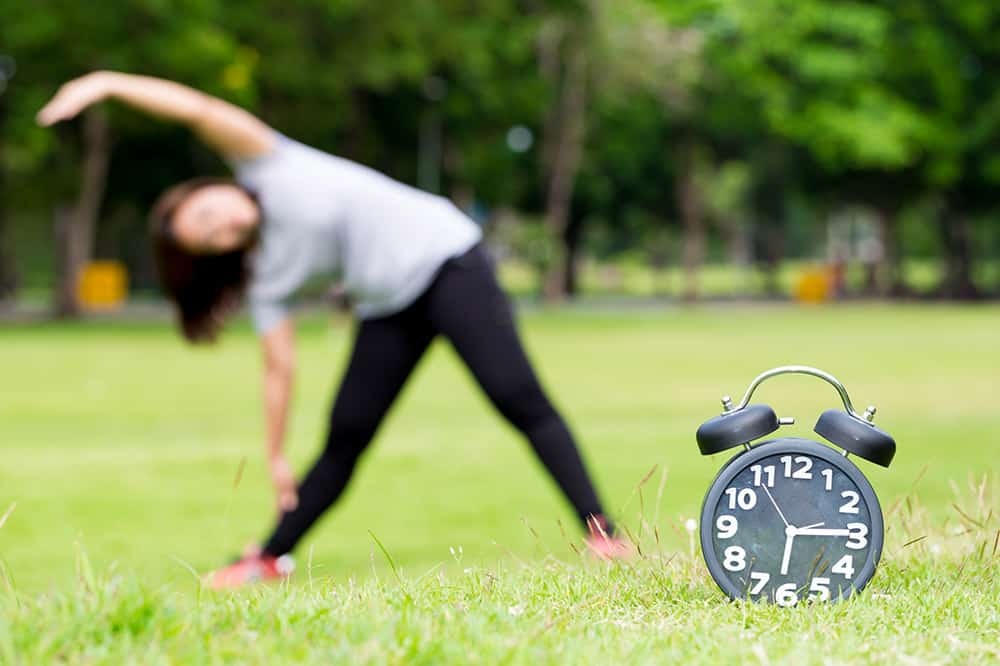The most common excuse people give for skipping workouts is, “I just don’t have the time.” But let’s be honest, that’s not entirely true. No matter how busy your schedule looks, there is always someone busier who still manages to fit exercise into their daily life. The reality is to find time to exercise is more about priorities than hours on the clock.
Even a few minutes of movement each day can have a powerful effect on your health, energy, and mindset. Let’s look at practical ways you can carve out time for fitness, even in the busiest lifestyle.
Why Exercise Matters
Exercise isn’t just about losing weight or building muscle. Regular physical activity:
- Boosts your energy levels
- Enhances focus and productivity
- Releases endorphins that improve your mood
- Regulates appetite and supports healthy sleep
In short, exercise makes you feel and function better. Which means, the time you invest in movement pays you back with more energy for everything else in your day.
Wake Up Earlier
One of the most effective ways to guarantee your workout happens is to do it first thing in the morning.
If you go to bed just 30 minutes earlier and wake up 30 minutes earlier, you can fit in a brisk walk, stretching, or a quick strength routine.
Morning exercise has several powerful benefits:
- Sets a positive tone for the day
- Helps regulate appetite and energy levels
- Frees up your afternoons and evenings for other commitments
- Eliminates the risk of “skipping it later” when fatigue sets in
How often have you promised yourself, “I’ll work out after work,” only to skip it because you’re too tired? Morning exercise ensures you don’t have that problem.
Cut Back on Screen Time
Television, social media, and endless internet browsing are some of the biggest time drains in modern life.
The average person spends hours a day in front of a screentime that could be redirected to improving health.
Here’s how to reclaim some of that time:
- Turn off the TV for 30 minutes and go for a walk
- Reduce scrolling on Facebook or Instagram and use that time for a quick workout
- During TV commercial breaks, do push-ups, squats, or use a treadmill
Remember, exercise doesn’t have to be hardcore. Even light movement like walking, stretching, or yoga is better than sitting still.
Think Small: 15 Minutes Counts
If you can’t manage a full 30 minutes, start with just 15.
Research shows that 15 minutes of daily exercise can reduce the risk of premature death by 14%. That’s a huge health payoff for such a small time investment.
Short bursts of activity throughout the day. Like taking the stairs, walking around the block, or doing a quick bodyweight circuit—add up to meaningful benefits.
Incorporate Exercise Into Daily Routines
You don’t always need a gym session. Instead, blend activity into things you’re already doing:
- Walk or cycle to work if possible
- Get off public transport one stop early and walk the rest
- Use the stairs instead of the elevator
- Take short walking breaks during long computer sessions
Over time, these small lifestyle adjustments can become healthy habits that don’t even feel like “exercise.”
 Make Exercise Enjoyable
Make Exercise Enjoyable
The real secret to finding time to exercise? Enjoying it. People always find time for what they love. If traditional workouts bore you, try:
- Dancing
- Hiking in nature
- Playing a sport
- Group fitness classes
- Walking with a friend or pet
When you look forward to movement, you’ll stop seeing it as a chore—and start treating it as a reward.
The wash up.
Trying to find time to exercise isn’t about having hours to spare. It’s about making small choices every day that prioritize your health.
Wake up earlier, swap screen time for movement, start with 15 minutes, and incorporate exercise into your routine. We looked at time management tips before so you can exercise.
Soon enough, exercise won’t feel like something you “have to do.” It will become a natural, energizing part of your lifestyle.







